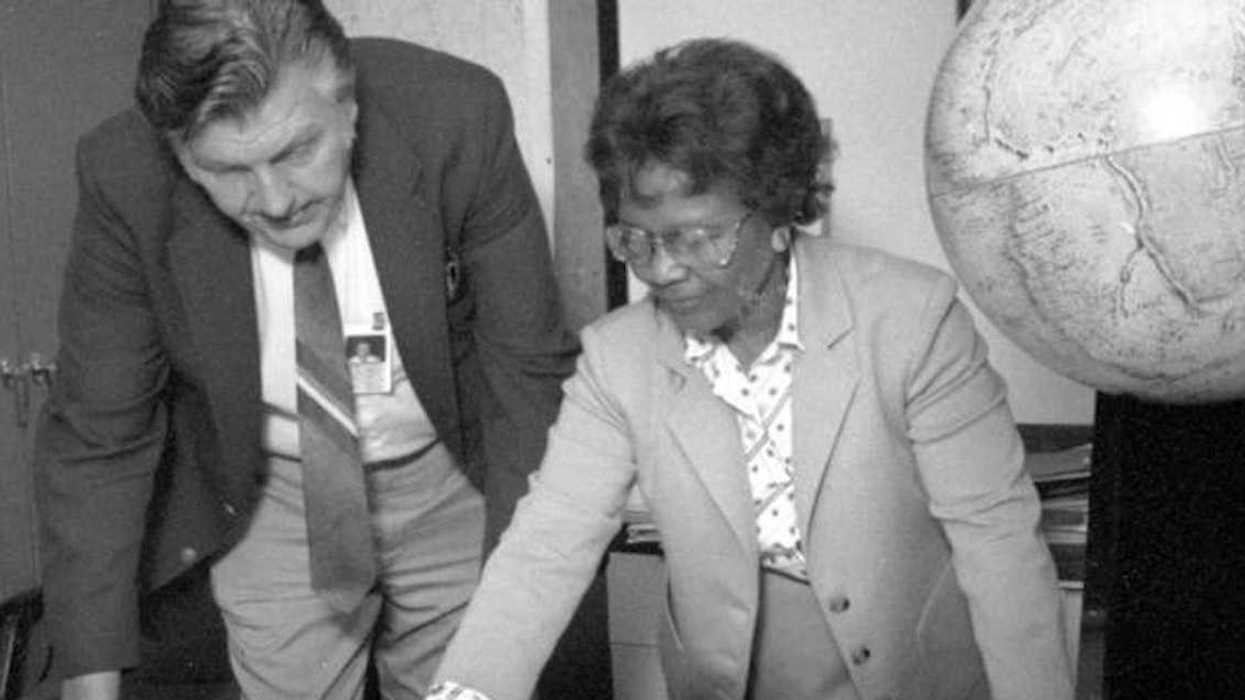Obama's seven-hour bipartisan Health Care Summit happened today. If you're among the 10 percent of Americans who are unemployed maybe you caught it. For those of you with jobs, here's a quick roundup of highlights and reactions.It was a marathon session. The lawmakers on both sides used their time to make stump speeches aimed at the television audience. Republicans kept advocating they start over with a clean slate. Obama did his best to expose these political theatrics and return the conversation to one of substance. In the end there was no explicit agreement reached (though I don't think anyone expected that) and the media's post-game analysis will probably be as important as the actual event in determining what America thinks of it.Chris Cillizza has a list of winners and losers, the Wall Street Journal Health Blog enumerates the few points of clear bipartisan agreement (medicare malpractice, purchasing pools, and pre-existing coverage denials). But it might have all been for naught. As the Washington Post reports, the news channels lost interest.The moment that will get the most attention is a "testy exchange" between Obama and McCain. It was pretty insignificant, actually, but here it is:[youtube]https://www.youtube.com/watch?v=MPsbV-IvLDUAnother line that got some early reactions was this one, from republican Rep. John Barrasso during a conversation about coverage:
I do believe we have the best health care system in the world. That's why the premier of one of the Canadian provinces came here just last week to have his heart operated on.The mediasphere pounced to point out his folly. As Ezra Klein noted, the fact that rich people can buy good care here does not prove our health care system is great:
America has about 50 million uninsured people within its borders. Canada has exactly one prime minister. People should ask themselves a very simple question: Do they think they are likelier to lose their job and fall into the health-care situation of the uninsured? Or are they likelier to become an influential politician and enjoy the health-care options available to the most powerful people in the world?As Slate's Timothy Noah says, Barrasso's statement may belie a complacency on the part of our political leaders. Maybe we need to instill in them a palpable fear of being overthrown:
No wonder Republicans at the Blair House meeting remain stonily unresponsive to repeated pleas from President Obama and congressional Democrats that Washington enact policies to do nothing more radical than broaden and diversify private-insurance pools. ... They aren't afraid that their indifference will provoke a revolution.David Hinkley, the media critic for the New York Daily News, is disappointed that it wasn't more compelling television:
Trouble is, a TV show can't grab you if it can't keep you awake, and the human body can take only so many exposures to phrases like "We use a high-risk pool until we get to the exchange" or "We aren't incentivizing prevention" before it falls asleep. ...after a year of posturing, speeches, sound bites and jargon from some other galaxy, I had this crazy hope that maybe the major players could sit down and agree in simple sentences what we should or shouldn't do next.This is a totally unreasonable expectation, of course. We don't need posturing or sound bites, but for a substantive discussion we do need jargon because these issues are, in fact, somewhat complicated. What kind of simple sentences was he expecting? We all know we have to "lower costs" and "cover the uninsured" and "bend the cost curve" but you can't have a productive conversation about how to accomplish those things without dealing with some detail. Sorry it wasn't Lost. I found it entertaining and informative.At the end of the day the public may not have watched much, but the summit still accomplished three important goals: It allowed Obama to confront some of the political gamesmanship face-to-face, it preserved momentum for health care reform when the effort was dragging, and it gave Obama the cover to now endorse reconciliation without looking uncooperative.
















 Otis knew before they did.
Otis knew before they did.